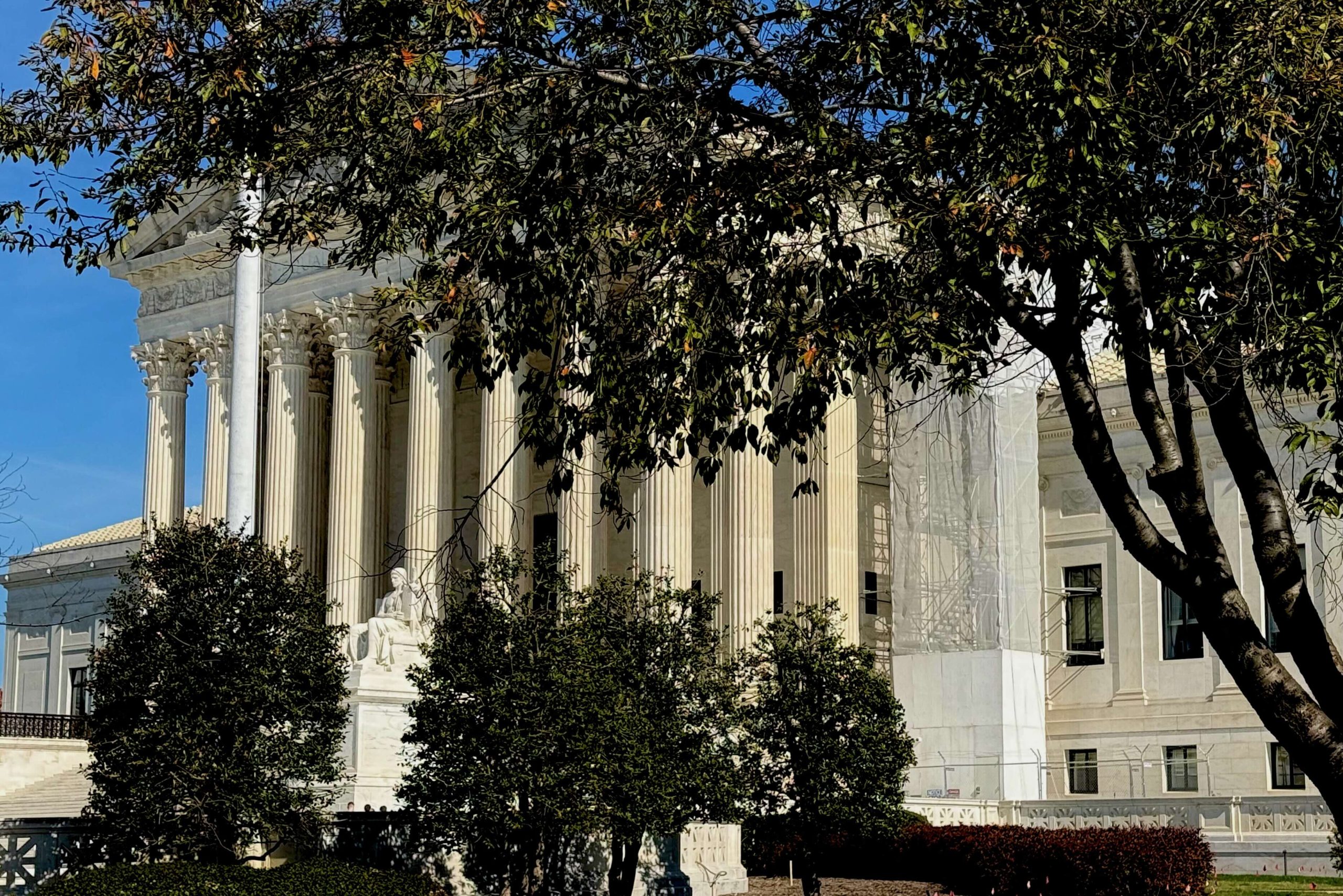Supreme Court leaves RFK, Jr., in Wisconsin and Michigan
EMERGENCY DOCKET
On Tuesday, the Supreme Court declined to order that Robert F. Kennedy, Jr. be removed from Wisconsin and Michigan ballots. Kennedy suspended his campaign and endorsed Donald Trump in August. Kennedy asked election officials in Wisconsin, Michigan to remove his name from the ballot. But they refused. There were no public dissents to the decision to deny Kennedy’s request in the Wisconsin matter. Justice Neil Gorsuch dissented in the Michigan case. Kennedy announced his presidential bid in 2023, first as a Democrat and then as an Independent. On Aug. 6, 2024, he submitted nomination papers and declared his candidacy to Wisconsin’s election commission.
Less than three weeks later, on Aug. 23, Kennedy announced that he was suspending his campaign and attempted to withdraw his name from the ballots in Wisconsin and Michigan.
On Aug. 27, the Wisconsin Election Commission voted to deny Kennedy’s request. It cited state law that states “anyone who files nomination papers and qualifies for inclusion on the ballot cannot decline nomination.” The name of the person will appear on the ballot except in the case of death.” Kennedy’s attempt to remove his name from ballot was also rejected by Jocelyn Benson of Michigan’s Secretary of State. Kennedy went first to state court, where a divided Michigan Supreme Court ultimately ruled that Kennedy had not identified a specific law that gave him a clear right to require Benson to remove him from the ballot.
Kennedy next went to federal court, where he alleged that his constitutional rights had been violated and again sought an order barring Benson from putting his name on the ballot. U.S. district judge Denise Page Hood denied his request on September 13.
On September 27, the U.S. Court of Appeals, 6th Circuit, upheld this denial. They emphasized that Kennedy’s claims are barred as he has already litigated or could have litigated in state court. Judge Eric Clay, a Clinton appointee, wrote in an opinion that Kennedy’s “current suit is a rerun of his first.” He pointed out that Kennedy tried (but failed) in New York to remain on ballot. He argued that forcing him to remain on the ballot against his will violated the First Amendment by forcing him to speak. He argued that forcing him to remain on the ballot against his will violated the First Amendment by compelling him to speak.
In Wisconsin, Kennedy suggested, his name can easily be removed from the ballot by placing a sticker over it – a solution specifically “contemplated by state law and provided for in practice.”
But the Wisconsin Election Commission countered that with just roughly a week to go before the election, “it is not possible to affix tiny stickers to the ballots remaining with clerks, and hundreds of thousands of ballots have been sent to voters, with many already returned.” Trying to do, the commission told the justices, would lead to the kind of “chaos and confusion” that the Purcell principle – the idea that courts should not change election rules just before an election – “warns federal courts to avoid.”
Benson echoed the commission’s concerns, contending that it “is simply no longer possible” to remove Kennedy’s name from the ballot. She emphasized that the ballots were printed in late September and that more than 1.75 millions Michigan voters had already voted. She noted that he could have appealed immediately the Michigan Supreme Court decision to the Supreme Court but “made the baffling choice” to go to the federal court. In a pair brief, unsigned orders issued late Tuesday afternoon by the justices, Kennedy’s request for removal from the Wisconsin and Michigan voting lists was denied. Consistent with their normal practice, they did not provide any explanation for their decisions.
Gorsuch dissented from the decision to leave Kennedy on the ballot in Michigan. In a brief paragraph, he indicated he was in general agreement with the three conservative 6th Circuit judges who would have ordered Benson remove Kennedy from ballot.






